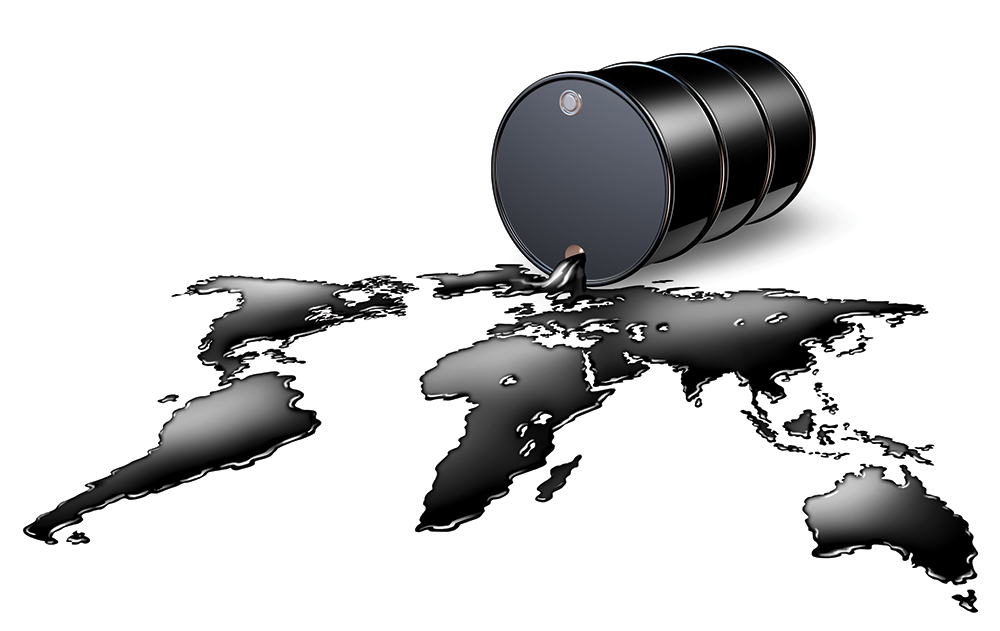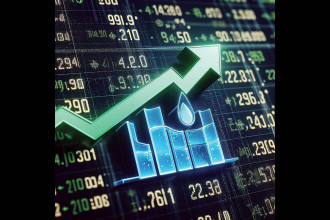
A theoretical concept that denotes a time when the production of oil reaches its maximum level after which the production will gradually decline is termed peak oil. When the resources climb to an eventual peak, they will then diminish and fall, leading to prices skyrocketing to unimaginable levels. Market analysts predicted that oil production would follow a bell-shaped curve wherein production would increase and decrease as reserves depleted. The issue enveloping peak oil consumption is a contentious subject that impacts long-term insight on the crude oil markets. In effect, considering the varied perspectives of the International Energy Agency (IEA), the Organization of the Petroleum Exporting Countries (OPEC) and the US Energy Information Administration (EIA) are key.
Contradicting Views
The US EIA does not inherently focus on peak oil in its various reports but the opposite is true for IEA and OPEC. Both organizations have conflicting views on oil demand for this year and 2025. The IEA anticipates that the global demand for crude oil will peak before 2030. OPEC has constantly articulated a different view on peak oil than the IEA. OPEC maintains that global oil demand will continue to climb in the ensuing days and it does not envision a peak in demand occurring anytime soon.
In light of its various publications, the IEA and OPEC have also offered contrary forecasts for oil demand. The IEA forecasts slowing demand growth, driven by a shift towards renewable energy sources and rising efficiency in usage. According to IEA, global oil demand will stagnate in the middle of the current decade as electric vehicles (EVs) become more affordable and processes in industries become less oil-reliant. OPEC, on the other hand, maintains a more bullish stance, expecting demand to continue rising through 2024 and 2025 based on sustained economic growth in developing economies where oil remains a vital energy source. OPEC argues that despite the rise of renewable products, the global economy will still depend immensely on oil for transportation, industry and energy production in the near term.
Implications of Peak Oil
Attaining peak oil levels would have significant implications for crude oil and the energy markets. For market analysts and traders, understanding these impacts is imperative for developing effective strategies.
Price Volatility
The volatility in prices will likely increase as peak oil approaches. The unpredictable nature of the future supply and demand dynamics will lead to sharp price swings offering opportunities and risks for traders.
Supply Constraints
As a result of a decline in oil production, prices could surge depending on the shifts in the demand equation. Traders must understand both sides of supply/demand dynamics to limit risk and potential profits from peak oil.
Investment Shifts
The phenomenon of peak oil could accelerate investments in alternative renewable energy fuels and decelerate investment in fossil fuels, some of which are already in motion. Traders should monitor shifts in capital investment to understand the dynamics of price.
Upgrades in Policy and Regulation
The governments of numerous economies may formulate and implement policies to manage the transitions from oil to other renewables including the subsidies and taxes on carbon emissions. These policies could impact market dynamics and trading strategies
Market Sentiment
Concerned participants should align with market sentiments including geopolitical developments, technological advancements and changes in consumer behaviour. Sentiment analysis supports traders to anticipate market movements and adjust their outlook accordingly.
Conclusion
The discussion around peak oil consumption is a critical issue for the energy markets with significant implications for the traders. The conflicting views of the IEA and OPEC highlight the uncertainty surrounding the future of the oil demand. Analysing market trends, policy changes, trading information and technological advancements and comprehending the potential impacts of reaching peak oil will benefit market participants to develop informed strategies to navigate the complexities enveloping the energy landscape. Staying informed is paramount for anyone looking to capitalise on opportunities and mitigate risks in a volatile and erratic market.






